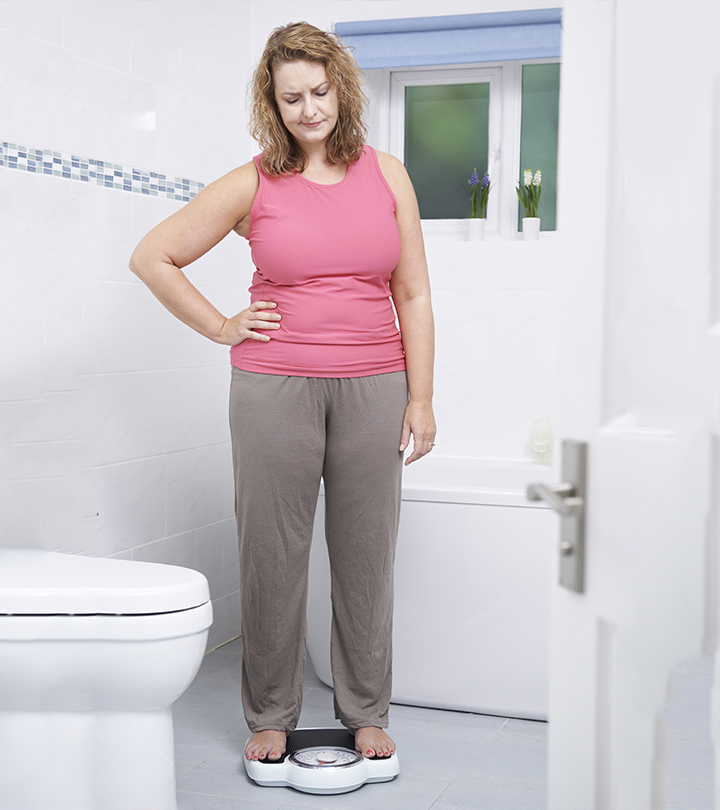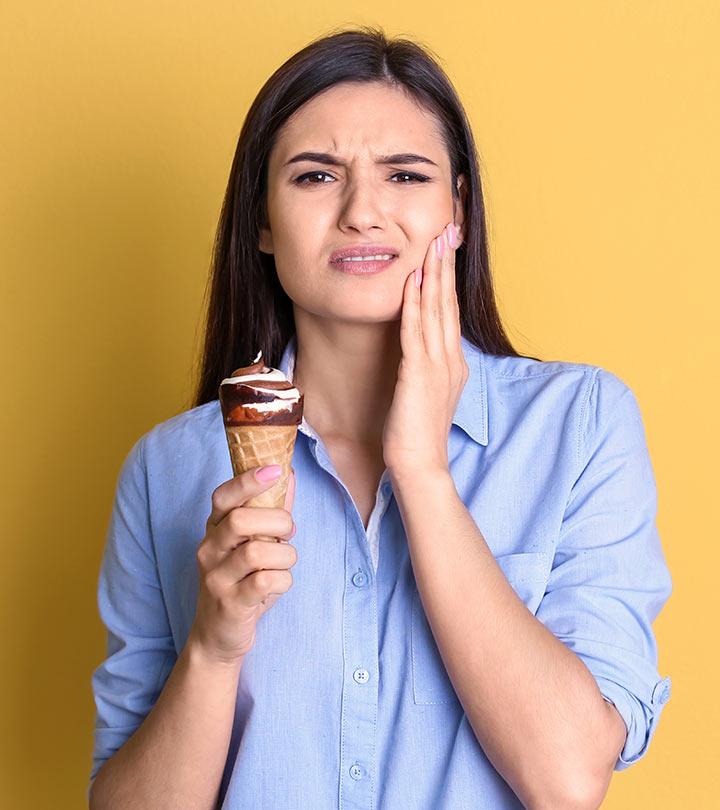7 Reasons Your Periods Might Be Late

Image: i Stock
Most women, at some point in their lives, must have missed a period or two. Some women get their period bang on every 28 days. But, for many, the duration changes, and that is not necessarily an alarming condition. This makes the terms “irregular” or “delayed” very relative. It is only when you miss your period for six months straight that you might want to be concerned about it. If you are sure that it isn’t the unprotected intercourse, you don’t have to solely attribute this reason to missing your periods and get all panicky about it. Give this article a read to know some of the other reasons that could have caused you amenorrhea.
1) Sudden Weight Loss
If you are inspired by the extreme weight loss fad diets and have gone overboard on reducing the fat in your body, don’t be too surprised if you have missed your period. Doctors suggest that all women should at least have 15% to 17% fat in their bodies for their reproductive system to work at its best. A sudden or drastic weight loss hampers the ovulation process, and as a result, you miss your period. Try reducing your weight gradually. Take the help of professional trainers and doctors if you are planning on losing a lot of weight to ensure you don’t disturb the functioning of any of your organs.
2) Rigorous Exercise
Exercising, at least for me, is like inertia. It might be tough to begin, but once I start, it takes me a while to shut down. It is a good thing if you enjoy exercising, but remember to draw a line. If this becomes an obsession, you are going to sabotage the functioning of your reproductive system. The body has an intelligence of its own. When you use a lot of its energy in working out, it begins to switch other less important mechanisms in the body, the reproductive system being one. Survival is always the priority for the body, and since a nonfunctioning reproductive system doesn’t pose a threat to survival directly, as a natural outcome, you stop bleeding. Stop depriving your ovaries of the energy and consider indulging in moderate exercises. Use your body’s intelligence to your advantage rather than the contrary.
3) Emotional Distress
Anxiety and distress have a direct effect on the hypothalamus, the part of the brain that regulates our master gland called pituitary gland. It is the Master because it directly or indirectly influences the functioning of various other glands. Reproductive hormones are also affected by this gland. When the hypothalamus doesn’t function appropriately, it impedes the cascade of reactions originating here. Though researchers are still finding out the connection between stress and irregular periods, this is one of the many possible reasons they give. At least it is clear that excessive stressors in your life can result in secondary amenorrhea, and this is enough to urge you to identify your stressors and keep them under control.
4) Change In The Body Clock
All cycles in your body are regulated by circadian rhythms, particularly those cycles that happen once in every 24 hours. If you keep changing the body routine, like switching your work shifts, it adversely influences these circadian rhythms. This wreck of your biological rhythm doesn’t confine to just your everyday activities, but it also includes the monthly menstrual rhythm (1). Try and stick to the same work regimen or at least make subtle and less drastic changes to keep the rhythm intact.
5) Hormonal Imbalance
One of the most popular causes of irregular periods in hormonal imbalance. Polycystic Ovarian Disorder (PCOD) is one such hormonal problem that causes amenorrhea due to overproduction of testosterone. Also, an abnormal thyroid gland and the abnormal production of thyroxine hormone are linked with irregular periods. If you experience symptoms other than irregular periods, like fatigue and unexplained weight gain or loss, it is better you consult an endocrinologist to confirm the reasons for your irregular periods.
6) Perimenopause
Perimenopause is the most dreaded stage that many women fear – the stage before menopause hits. It is the time when the sexual hormones decide to play around a bit, causing many problematic symptoms like hot flashes, night sweats, and irregular periods. Sometimes, women may experience cycles of longer duration or even lesser duration than normal, and sometimes, miss a period altogether. If you are in your late thirties or early forties, try talking to your doctor about the symptoms and irregular menses to help you cope with the discomfort.
7) Breastfeeding
If you have just given birth to your child and are breastfeeding, you will not get your period for the next few weeks to even months. Some nursing mothers take up to 24 months to resume to their cycles. This is because when your child is still suckling and depending on the suckling pattern, your sexual hormones are inhibited from secretion. It is an automatic physiology that women are endowed with to give ample space between births. During breastfeeding, there is reduced fertility. Not getting your period at this time is called lactational amenorrhea and it is completely natural (2).
Be it erratic weight changes, hormonal insufficiencies or excesses, or physical and emotional stress – irregular menses could be caused due to a variety of reasons. It is always wise to keep track of menstrual frequency and flow to understand the triggers of your infrequent cycles. Apart from making sure your stress levels are under control and there is adequate exercise to the body, do not forget to visit the doctor for timely hormonal check-ups. Have you been diagnosed of amenorrhea? Comment below and tell me what is it that is causing irregular periods for you. You’d be helping in spreading awareness among other women undergoing similar issues.






























